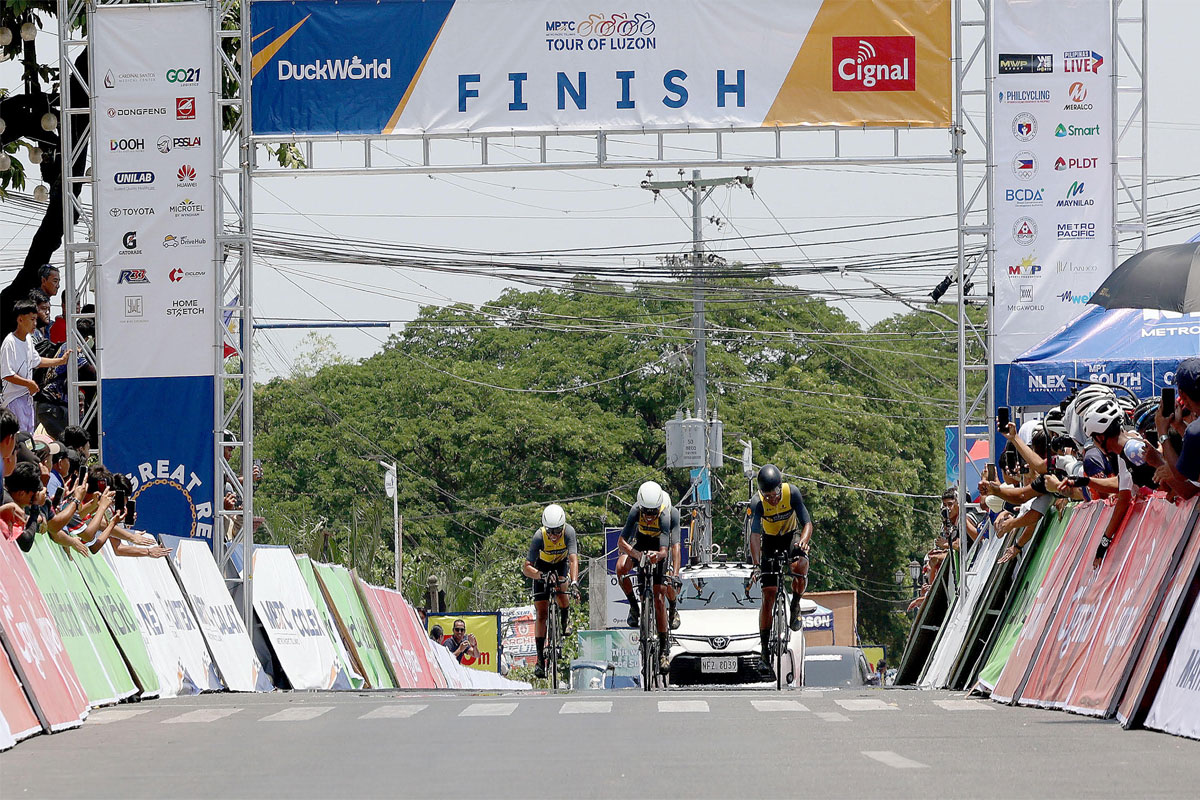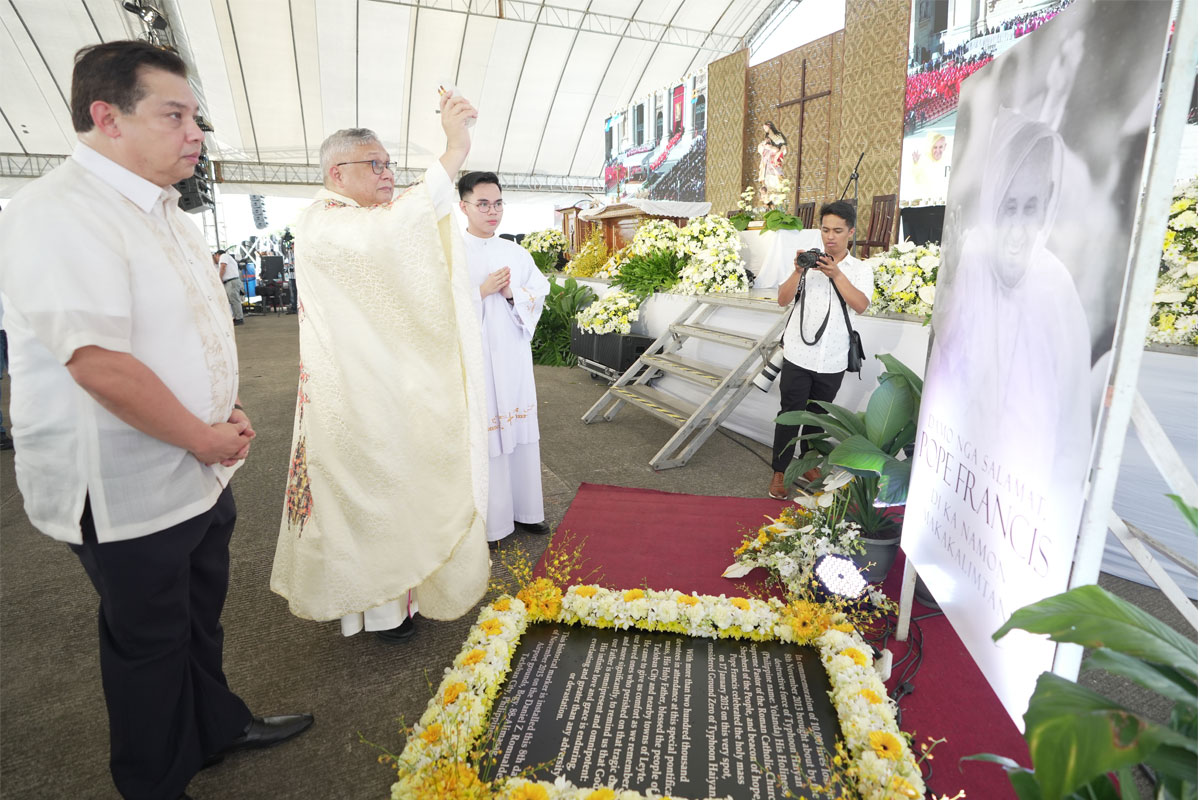
Solar power still costly?
 I PUT on hold my plan to acquire and install a solar power system in my house last summer due to funding constraints.
I PUT on hold my plan to acquire and install a solar power system in my house last summer due to funding constraints.
A hybrid solar power generation system – a combination of off-grid and on-grid systems –for my abode would cost more than half a million. What makes it more expensive is the requirement for a battery that would store energy.
I guess I need to wait a little longer. Maybe the cost of a solar power project could still get lower. A recent development in the battery energy storage system in the country makes it possible.
I learned that the Technological Institute of the Philippines (TIP) is seeking to develop a battery energy storage system (BESS) as one of the deliverables of its Advanced Batteries Center.
TIP Industry Relations Officer Therese Alejandrino revealed the BESS project forms part of the deliverables of the Center.
Once they have confirmed the accuracy, reliability and efficiency of the batteries, they will proceed to developing an extensive storage system with partners
Those in the power industry that are capable of providing electricity through renewable energy will primarily benefit from the project.
The Advanced Batteries Center is a niche research and development (R&D) center funded by the Department of Science and Technology (DOST) for over P140 million.
One of the objectives of this center is to research on new technologies to prepare the country for energy transition.
Batteries are among the alternative to fossil fuels as energy sources, according to DOST Undersecretary Leah Buendia.
The DOST funded the R&D center because of the country’s competitive advantage in using raw materials to manufacture batteries for electric vehicles, as well as in mass producing renewable energy, Buendia said.
All BESS operating in the country require imported batteries. Typically, these are lithium batteries which have issues with recyclability.
TIP now focuses on enhancing another locally available type of battery. This effort may allow BESS to be locally manufactured and serviceable in the near future.
Based on the TIP’s website, research for the BESS project has already begun with a recent pilot study in an undisclosed location.
Further studies are expected to accelerate soon after confirmatory tests reveal more insights into sustainable energy storage with readily accessible materials and technology, it added.
TIP’s BESS is a type of energy reserve facility that optimizes batteries to stockpile excess electricity during periods of oversupply from power generating plants or devices, so it can still be used by consumers later on.
The BESS project has not applied for a DOST funding yet.
TIP’s Advanced Lead Acid Batteries with Embedded Ultrasonics (ALAB-EU) Project is currently developing ways that could add to the capability to locally produce batteries for the BESS.
Local batteries are not suitable for the BESS because they run out quickly and are expensive to replace. TIP is now experimenting on a device that could prolong the battery life.






















